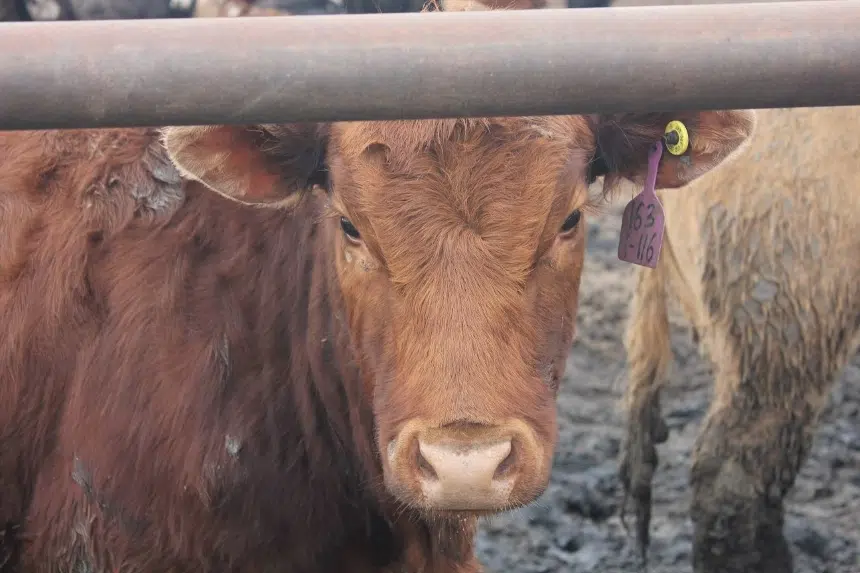The Saskatchewan Cattlemen’s Association is confident a suspension of Canadian beef imports to China, the Philippines and South Korea will be temporary.
Suspensions were announced following a case of bovine spongiform encephalopathy (BSE), commonly known as mad cow disease, in Alberta.
“We’ve seen these processes of borders closing, reviews and processes being done (and) then them opening back up,” said Ryder Lee, the CEO of the Saskatchewan Cattlemen’s Association.
He describes the Alberta case as atypical, which Lee said happens naturally from time to time in the cattle population around the world.
“It’s always a concern when you hear those three words,” Lee said of mad cow disease. “The World Organization for Animal Health says this should not affect trade, so everything points to this being a temporary thing.”
According to Lee, producers are staying busy caring for their animals while advocacy groups and systems already in place go to bat for them.
Because the suspension is relatively recent, Lee said it hasn’t trickled down to people on the farm.
“It’s kind of a secondary impact. It’s your packing plants that export and the brokers they sell to (who are feeling it),” Lee said. “We expect this to be temporary so that direct impact on producers will be minimal.”











